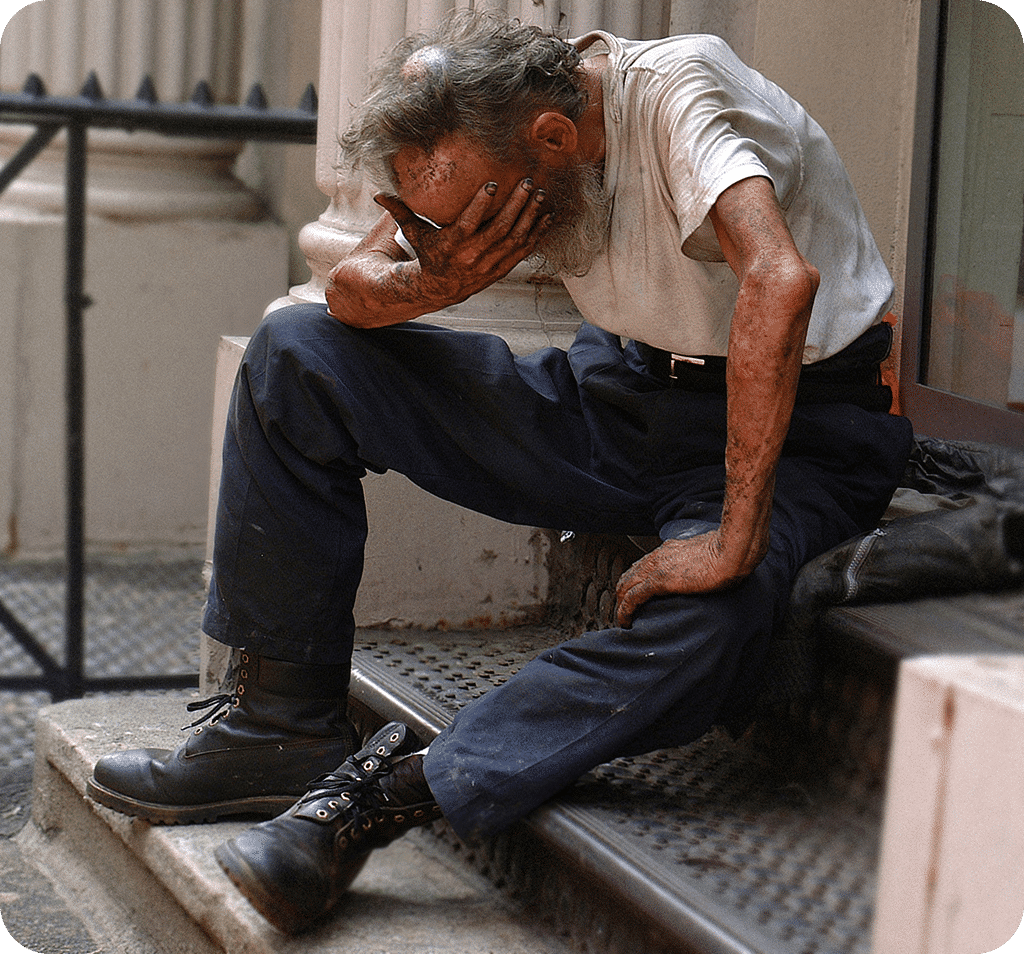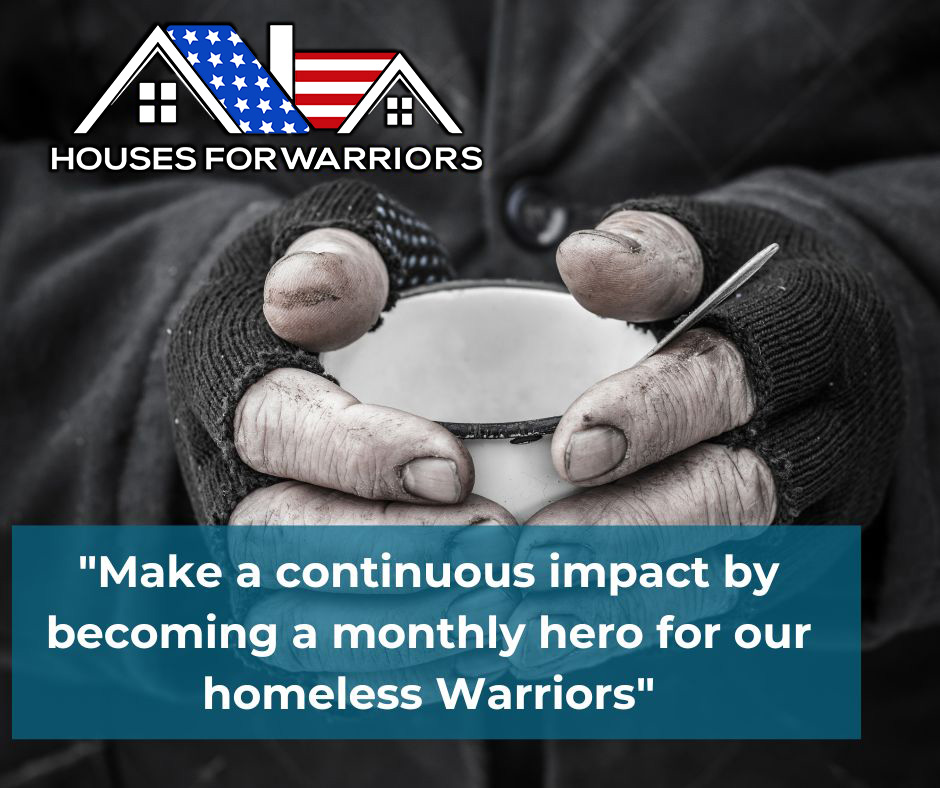
16 Feb The Ugly Connection Between PTSD and Homelessness
When veterans are discharged from service, transitioning out of the military and back to civilian life takes a lot of adjustment – from having to select a new career path, to acquiring health care benefits, to adjusting to the social norms of the civilian world. Unfortunately, many of our veterans do not receive support during this transition, which increases their risk for homelessness or housing instability.
What leads to veteran homelessness?
In April 2019, the U.S. had a homelessness population of over 630,000, with 67,000 being veterans of the armed forces. Studies shows that common causes for homelessness among U.S. veterans are:
- Disabilities – physical injury or mental illness
- Substance abuse – drug abuse or alcoholism
- Family breakdown
- Joblessness and poverty
- Lack of low-cost housing
- Post-traumatic stress disorder
PTSD and homelessness
Among these causes, post-traumatic stress disorder, commonly known as PTSD may be the top reason for veteran homelessness. It is a disorder that affects almost eight adults for every 100 in the U.S. alone. Veterans with TBI have an increased risk of developing PTSD. Anger issues, substance abuse, and other life-controlling problems may result as veterans struggle to deal with the illness.
While most of us handle stress of varying natures throughout our lives, veterans have a higher chance of suffering from PTSD for a longer period of time due to the nature of their previous work in the armed forces. Without intervention or outside help, this disorder may eventually affect the relationships that these veterans have with the people around them as they transition to civilian life, in turn making it even more difficult for them to seek help. On top of that, some of the very issues that these veterans may be struggling with – such as alcohol and drug abuse, antisocial behavior, or lack of trust – can preclude them from being accepted into shelters. All of these things are reasons why Houses for Warriors has stepped in to help struggling veterans and to meet them where they’re at.
How can we help our warriors?
The transition of struggling veterans back to civilian life would be smoother if they were provided an opportunity to overcome their challenges in a supportive environment. Houses for Warriors understands the complications of war, PTSD, substance abuse, housing instability, and more and has designed the Warrior House Program to specifically address these issues. This veteran-run holistic program is designed to help, direct, and guide veterans into achieving self-sufficient status. Not only does the Warrior House give warriors the opportunity to live with dignity and independence, the house is also a hub for veteran resources – providing those who live there everything from job training to help accessing VA benefits.
By providing a safe and caring environment for our homeless veterans where they can achieve spiritual and life-changing success with proper discipline, and helping them get access to transitional resources and VA benefits, we believe that we can put an end to veteran homelessness.



No Comments